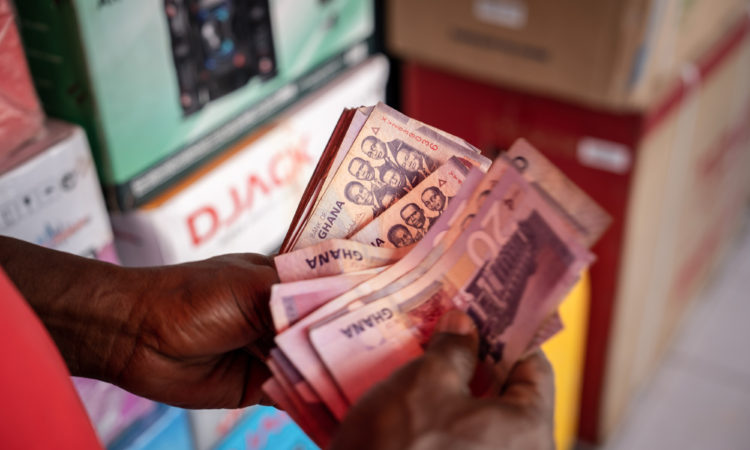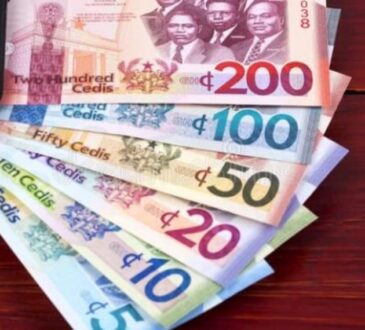
Investors are seeking concrete evidence of effective fiscal deficit control before they regain confidence in the Ghanaian cedi, according to a report by GCB Capital.
Despite authorities highlighting positive economic indicators under the International Monetary Fund (IMF) program and increasing reserves, including over US$2 billion in gold, cautious investors are waiting for decisive government action to address fiscal issues impacting the cedi’s stability.
Analysts suggest that investor caution stems from concerns about the cedi’s medium-to long-term viability, viewing the anticipated inflows expected by year’s end as merely temporary solutions.
In a research report, GCB Capital noted that while the Bank of Ghana and the Ministry of Finance have primarily relied on moral persuasion to reassure investors of adequate reserves, investors seem to be waiting for concrete evidence of fiscal discipline to support the recovery in other macroeconomic indicators.
The local currency has faced significant selling pressure recently, continuing to depreciate against major currencies. This year alone, the cedi has fallen to record lows, exceeding GH¢15 per dollar.
GCB Capital reported that significant revenue shortfalls in the first quarter of 2024, coupled with frontloaded expenditures, resulted in a higher primary deficit of 0.7 per cent of GDP, compared to the target of -0.2 per cent.
The report indicated that this fiscal outcome necessitates stronger revenue performance in the remaining quarters of 2024, along with a commitment to fiscal consolidation and expenditure rationalization to restore balance, which is crucial for stabilizing market sentiments.
Analysts pointed out that factors such as speculative demand, payments to independent power producers and contractors, accelerated import growth, and seasonal effects have intensified pressure on the cedi.
To regain investor confidence, the government must demonstrate tangible progress in addressing the fiscal issues that threaten the cedi’s stability and ensure sustainable economic growth.







